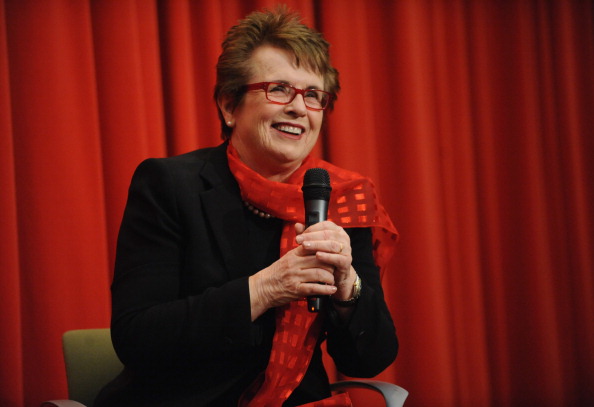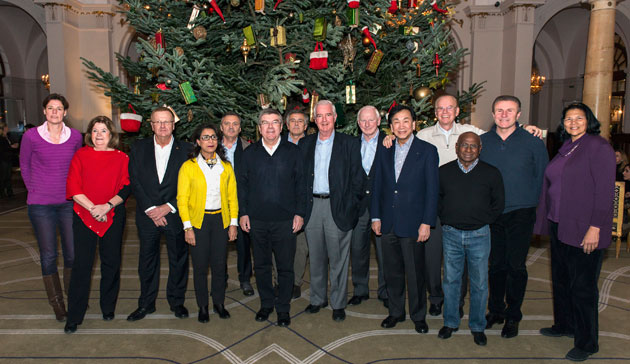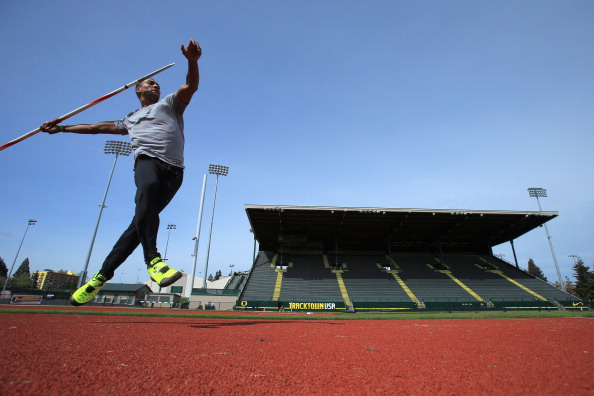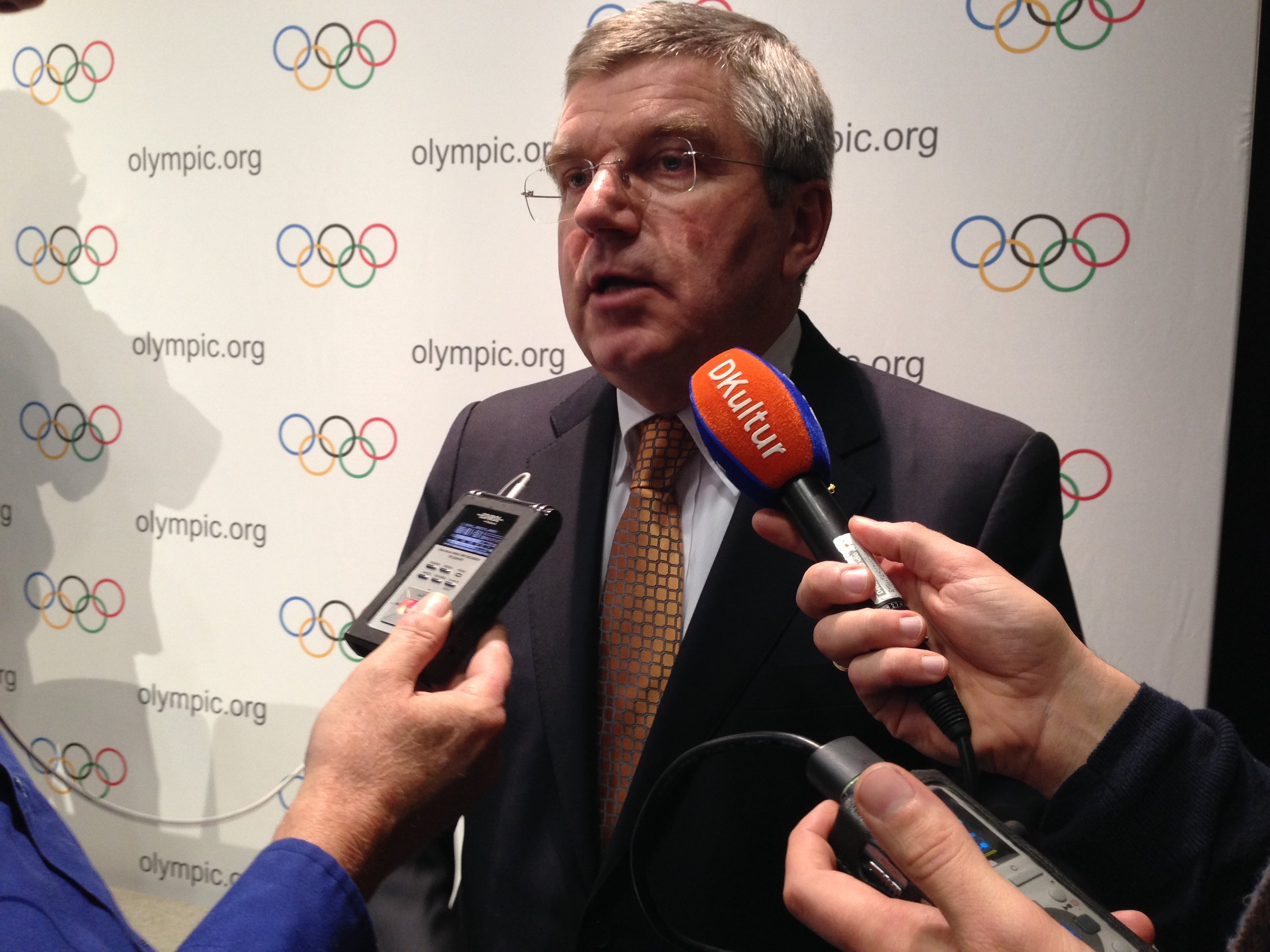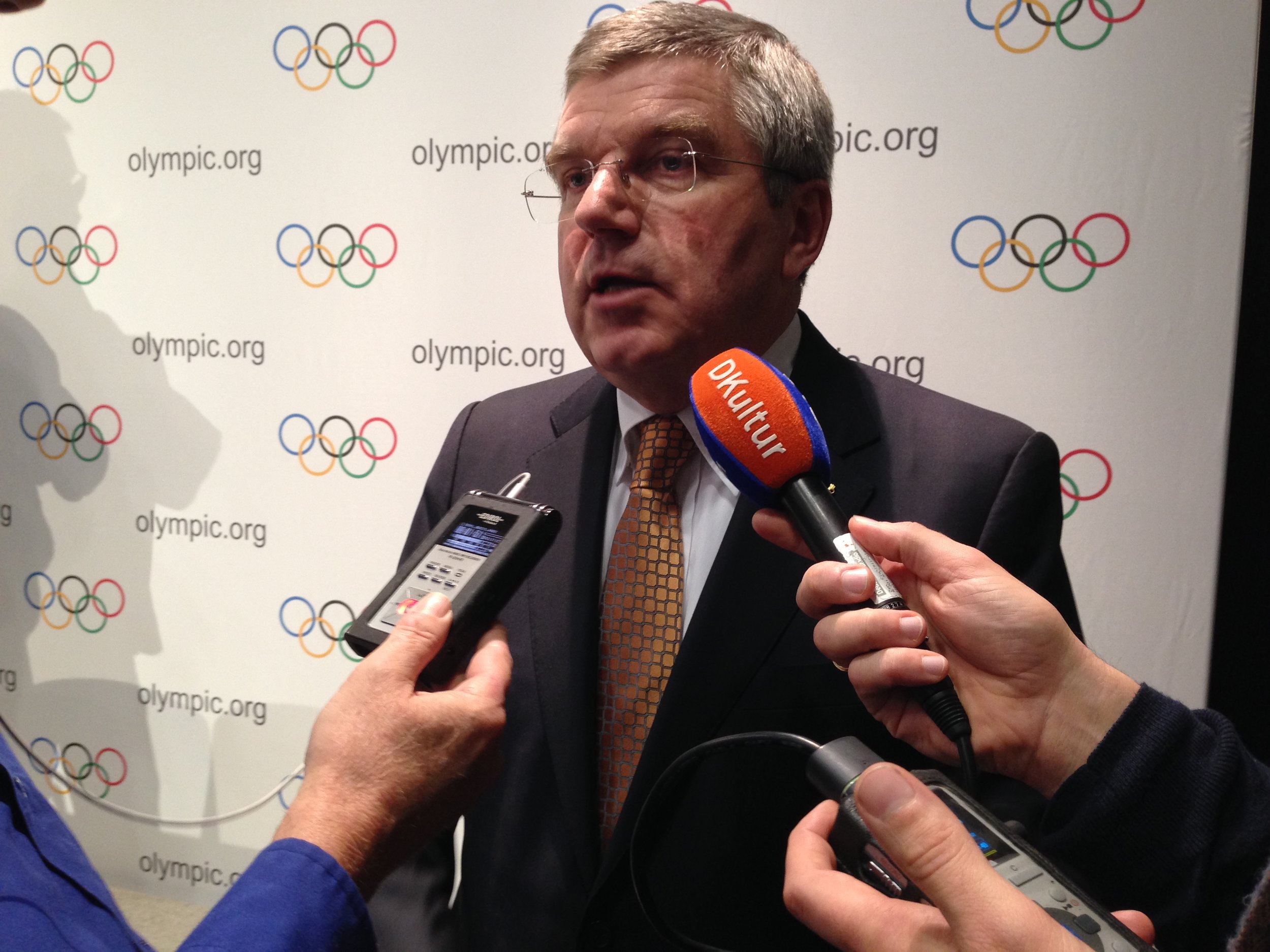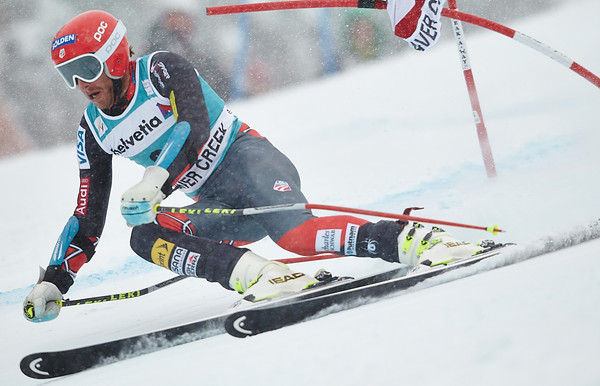If you are lucky enough, as I am, to be the father of teenage daughters, you learn quickly that teen girls are the knowers, indeed the arbiters, of all things.
The 19-year-old is back at college, enduring the frozen winter quarter of her sophomore year at Northwestern. So the 14-year-old ruled the dinner-table focus group. Just the way she likes it.
The Sochi Winter Olympics, as we all know, are just weeks away. Name a figure skater, I said. Just one. She couldn’t do it. Now, I said, name a snowboarder. She perked right up. “The ginger guy,” she said. “Shaun White!”
Ladies and gentlemen, in journalism school long ago, they cautioned us not to rely on anecdotal evidence. In this instance, that axiom must give way to the teen-girls-know-everything rule.
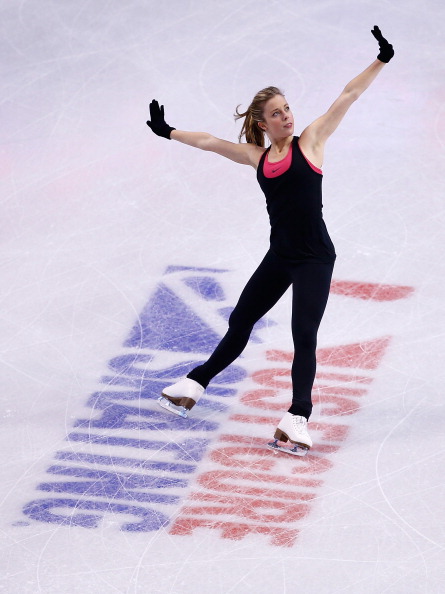
Which is why, as the U.S. figure skating trials get underway Thursday in Boston, it has to be said: figure skating has big, big problems.
Figure skating is seemingly so stuck in the past it doesn’t know what it is now or what it wants to be. The generation gap is immense, intense and profound.
A Sochi prediction or two: Yuna Kim of South Korea, the ladies’ champion from Vancouver 2010, will again be ethereal. The ice dancing competition will be fine, with Americans Meryl Davis and Charlie White fighting for gold with their training partners in Detroit, Canadians Tessa Virtue and Scott Moir of Canada. Aside from that — what?
All these anniversary stories this week about Tonya Harding and Nancy Kerrigan and the specials yet to come — people, that was 20 years ago. My college sophomore wasn’t even born yet! She doesn’t know about either of them and, frankly, why should she?
To turn the infamous tagline from the sordid affair around, my sophomore might as well ask if confronted with a Tonya-Nancy story: why me?
Snowboarding, snowboardcross, slopestyle — those are the events that are now, that are fun, that are riveting. At the Sochi Olympics, these are the disciplines that are going to go flying across cellphones and tablets. It’s no wonder Shaun White’s new trick, the Frontside Double Cork 1440, is already up on YouTube.
In a little-noticed decision taken at its general assembly in South Africa in the summer of 2011, the International Olympic Committee approved the introduction of a variety of new events for Sochi 2014, including (for both men and women) ski halfpipe and ski slopestyle as well as snowboard slopestyle.
For the unfamiliar, slopestyle requires a rider to execute tricks for amplitude and style while ripping through rails, jumps and other obstacles. White is trying to make the U.S. team riding the snowboard in the halfpipe and again in slopestyle.
Math for a moment: in all, there will be 10 medal events in both snowboarding and freeskiing … multiplying 10 (medal events) across those two disciplines equals 20 … three medals apiece times 20 means 60.
In this instance, the IOC understand the teen-age girl rule, too. It gets where the action is at. It’s in action sports.
You know who else gets it? Bob Costas. The longtime NBC host made a joke about it in a conversation earlier this week with Matt Lauer on the Today show:
“Basically,” Costas said, “I think the president of the IOC should be Johnny Knoxville. Because basically this stuff is just ‘Jackass’ stuff that they invented and called Olympic sports.”
Lauer, laughing: “You mean that in the best possible way, though?”
Costas: “I mean it in the kindest possible sense, yes.”
Lauer: “We could see Shaun White, though, take center stage in slopestyle.”
Costas: “We could very well — and, god knows, if there’s anyone who knows slopestyle, it’s me.”
You know who should have gotten that — who should have appreciated the in-joke — but didn’t? The snowboarders, especially the slopestyle riders. The round of social-media criticism that ensued seemed aimed primarily at Costas. Dudes, it was a joke — lighten up. He gets you. Stay tuned. Or would you rather be at the figure-skating rink?
True, figure skating did get one new gig for 2014, a “team event.” That upped the number of figure-skating medals events in Sochi to all of five, meaning 15 medals.
If you were running things and your job was to win medals and you had to allocate resources … just looking at those numbers alone … 60 opportunities against 15 … what would you say is more relevant? Action sports, or figure skating? Where would you cast not just the present but the future?

Doubtlessly, however, figure skating will be at the core of most television production of the 2014 Games — whatever network. Another life rule: no sensible dad grabs the remote when mom declares, let’s watch skating. That said, the metrics charting the sport’s decline are irrefutable, particularly in the United States, and especially at the elite level:
Eight years after Tonya-Nancy, the French judge scandal at the 2002 Salt Lake Games put figure skating in worldwide disrepute.
In response, the sport did away with perhaps the one thing that everyone understood come the Olympics, the 6.0 scoring system. Scoring now is somewhat more fair. But who — aside from coaches, skaters and a few broadcasters and sports writers — understands it?
Skating retains significant allure in South Korea — any appearance by Kim sells out in, literally, minutes — and in Russia.
Here’s how much of a challenge it now faces in North America:
At last year’s world championships in London, Ontario, in purportedly ice-crazy Canada, they couldn’t even fill a 7,000-seat arena to capacity for any single event until more than halfway through the competition. The president of the international skating union didn’t go. The event wasn’t televised live in the (neighboring) United States. Of course there was, inevitably, a judging controversy.
As for the U.S. team, it has traditionally been so strong that you have to go all the way back to 1936 to find a Games with no medals for the Americans in men’s and women’s singles. It might well happen in Sochi.
The top American woman, Ashley Wagner, has said she would have to be nearly perfect to reach the Olympic podium.
At those 2013 world championships, the two best Americans, Wagner and Gracie Gold, went 5-6. In 2012, Wagner finished fourth; the next-best American, Alissa Czisny, 22nd. In 2011, Czisny took fifth while Rachael Flatt managed 12th.
No American woman medaled in Vancouver, the first time a U.S. woman had not won a medal at the Games since 1964.
On the men’s side in 2010, American Evan Lysacek won gold. He won’t skate in Sochi because of injury. At last year’s worlds, the two best Americans finished seventh and 14th.
In Vancouver, the contrast between the way Lysacek won and Shaun White’s win in snowboard halfpipe speaks volumes.
Lysacek skated a technically brilliant but safe program. He could have opted to but did not throw any quadruple jumps, only triples. His main rival, Russia’s Evgeny Plushenko, did throw some quads, on the theory that he was — as they would say in snowboarding — progressing the sport.
Plushenko’s quads were slightly off-axis. The judges went for Lysacek.
At the pipe, White won gold with the first of his two runs.

For his second, he chose to unveil a new trick, the Double McTwist 1260, three and a half spins inside two somersaults. He did not have to do it but did so, anyway; at issue was an ethos, the snowboarder’s quest to be ever better through progression; he was thinking not just of the sport’s present but its future.
White landed the McTwist.
For Sochi, White has added another 180 degrees of revolution inside the somersaults. Thus it’s now the Frontside Double Cork 1440.
You want to know why teenagers want to be like Shaun White? Why the IOC shrewdly wants to tap into that energy?
Here’s why: because, standing on top of that hill that night in Vancouver, Shaun White dared to dream big, and then he went big. That is what the best of the Olympic spirit is all about. And that is why snowboarding, and slopestyle, and snowboardcross are where it’s at.
What does figure skating have that even begins to match that?
Sequins? Dreamy music? For real?
Four years after Vancouver, the best male skaters are seemingly all trying to throw quads. Some can even land them.
Is it already, however, a case of too little, too late?
My 14-year-old couldn’t tell you who Max Aaron, the 2013 U.S. champion is, if her life depended on it.
Shaun White — he’s the cool ginger guy.








